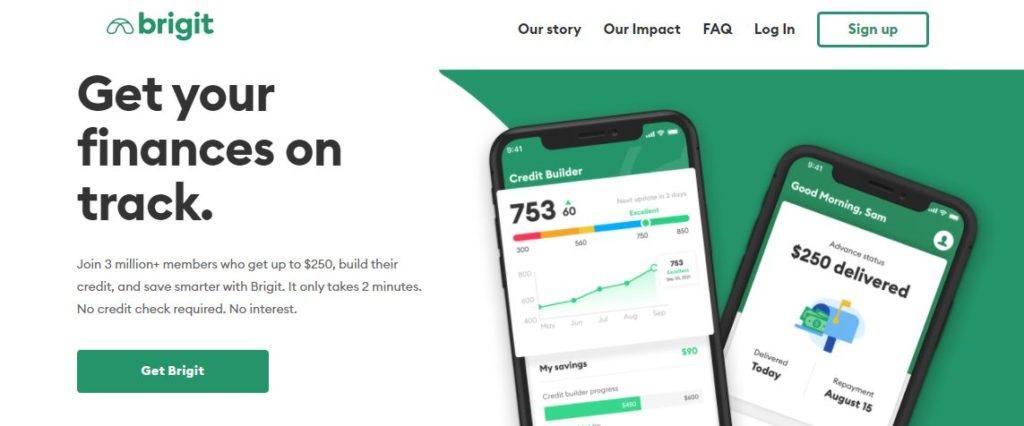Cross-Border E-Commerce: Issues with Compliance and Their Resolutions
According to Statista, retail e-commerce sales are predicted to surpass 6.3 trillion dollars globally in 2024 and continue to rise in the years to come. “Online sales have become more and more important in the retail industry. E-commerce made up more than 19% of global retail sales in 2023. According to projections, the online market will account for… Read More »










